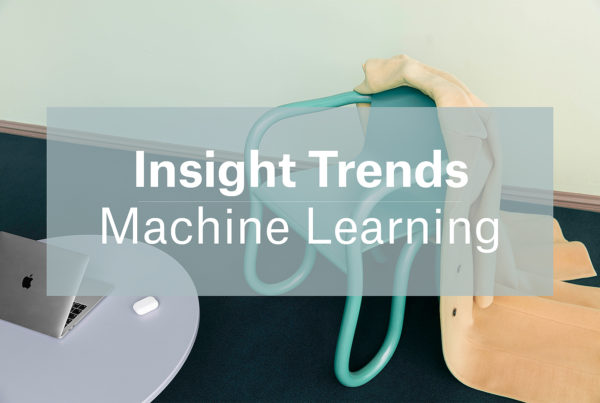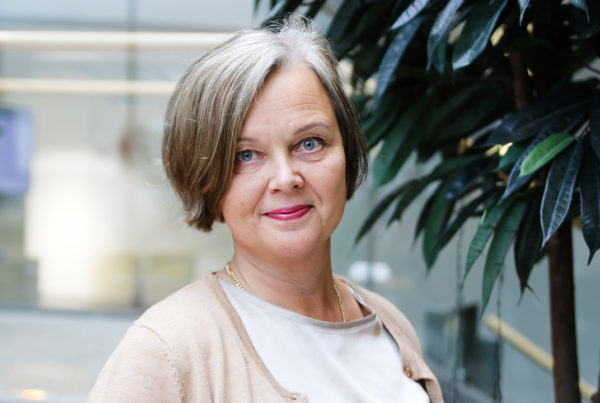The 20th Annual European Congress of The International Society for Pharmacoeconomics and Outcomes Research (ISPOR) was held in Glasgow, Scotland on Nov 4–8th 2017. The event attracted nearly 5000 participants from 77 countries and across all health care sectors. MedEngine participated in the congress, and presented results from three new real-world data research projects.
ISPOR is the leading European congress in health economics and outcomes research. This year, MedEngine presented three studies in the fields of hemophilia, inflammatory bowel diseases (IBD), and smoking cessation.
HemoHEOR provides insights into healthcare resource use and costs of hemophilia
Although hemophilia is a rare disorder, its management imposes a high economic burden on society and health care organizations. The vast majority of the costs are derived from factor-replacement therapy, which is given to the patients either by regular prophylaxis or as on-demand therapy.
MedEngine presented results from a unique nationwide real-world data cohort HemoHEOR (Hemophilia Health Economics and Outcomes Research) that covers all hemophilia A and hemophilia B adult patients from Finnish University Hospitals. Prophylaxis was shown to generate over 10-fold higher annual medication costs compared to on-demand therapy, whereas the costs related to healthcare utilization did not differ between these two therapy types. Despite regular prophylactic factor-replacement dosing, both hemophilia A and B patients had breakthrough bleeds, further increasing the total costs. This data is essential for developing treatment practices and optimizing cost of care in Finland.
IBD patients have high secondary care resource use in the early stages of disease
The prevalence of inflammatory bowel disease (IBD) has increased significantly in all Western countries in the past few decades. The data collected from the Hospital District of Southwest Finland revealed that the mean total cost related to healthcare utilization approached 4,000€ for IBD patients during the year of diagnosis.
The majority of IBD-related healthcare costs originated from outpatient visits; up to 95 visits per patient per year were observed. Patients with CD had a higher frequency of outpatient visits than patients with UC, whereas the number of hospitalization periods and inpatient days were similar in both cohorts. At present, the cost profile of IBD treatment is driven by the use of biological therapies. Therefore, medication costs will be included in subsequent analyses to get a complete overview of the economic burden of IBD in Finland.
Implementing a smoke-free surgery treatment model
Finnish Current Care Guidelines recommend smoking cessation 4–8 weeks prior to elective surgery to improve operative outcomes. The Smoke-Free Surgery (SFS) treatment model of the Hospital District of Helsinki and Uusimaa was implemented in Porvoo Hospital area in 2016.
The SFS-treatment model is based on systematic diagnosis and documentation of nicotine dependence and smoking cessation intervention as part of standard pre-operative assessment by the primary care physician. MedEngine conducted a study assessing the frequency of smoking status and smoking cessation intervention recordings prior to elective surgery in the Porvoo Hospital area during the early implementation phase of the treatment model.
The study showed that smoking status was recorded in 32% of the primary health care referrals, 17% of the hospitals’ outpatient records, and in 90% of the pre-operative assessment forms. Only 15% of current smokers had a diagnosis of nicotine dependence (ICD-10). Smoking status was recorded most frequently shortly after SFS-training for health care professionals, and decreased over the subsequent 6 months. This data highlights the importance of continuous support and long-term follow-up to establish comprehensive implementation of the new treatment practices.
Please contact MedEngine if you’re interested in hearing more about the RWE research opportunities in Finland.
References:
Ventola H, Jokelainen J, Ylisaukko-oja T, Linna M, Lepäntalo A, Lassila R. Characterization of healthcare utilization and cost of hemophilia care in real-life: 4-year follow-up study in Finland.
Ventola H, Saarinen N, Jokelainen J, Grönholm A, Ylisaukko-oja T, Halonen K. Pre-operative smoking cessation: recording of smoking status in the Porvoo hospital area in Finland.
Ventola H, Torvinen S, Aaltonen J, Herrala S, Linna M, Ylisaukko-oja T, Voutilainen M. Secondary care resource utilization and cost of care among Finnish inflammatory bowel disease patients.
Presented as posters at the ISPOR 20th Annual Congress in Scotland on 4.–8.11.2017.




